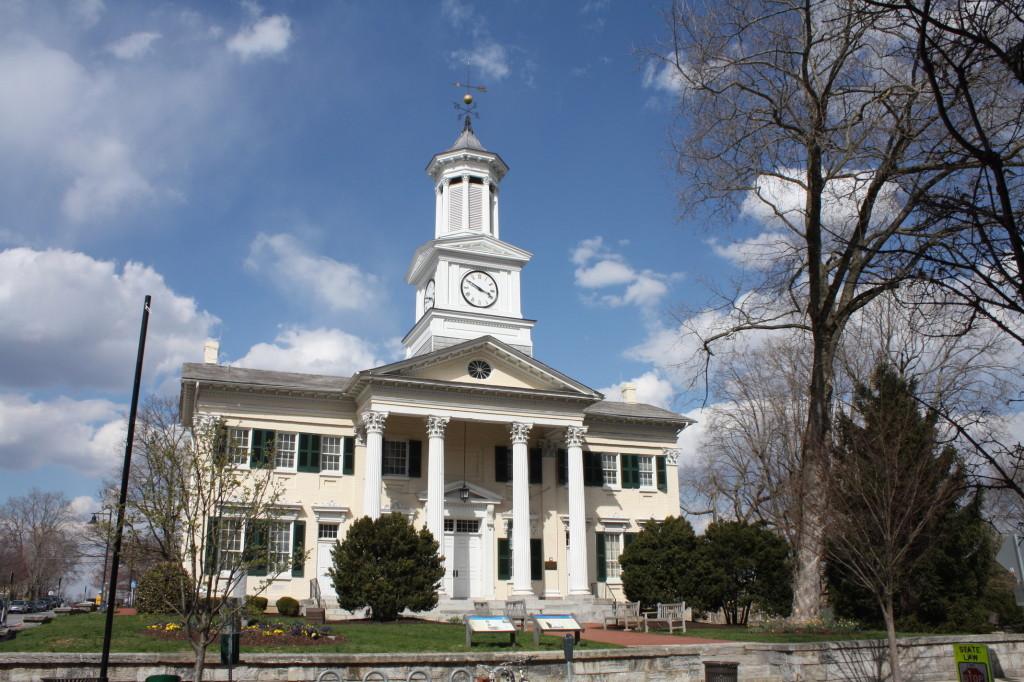Totaling more than half a million dollars, the tuition-supported SGA budget for student and co-curricular activities is now available for the coming year. Students should keep in mind thatan SGA senator moved to approve a revised version of the budget that is still subject to change.
How is the budget allocation determined? According to Thomas Segar, vice president for student affairs, the best person to ask about the decision to increase or decrease the funding for specific activities and programs is the SGA treasurer. Logan Sigley, current SGA treasurer and SGA president-elect, did not accept an invitation for comment.
Currently, between student and co-curricular activities, the SGA is allocating a budget of $504,351 set by the faculty senate. According to Segar, “The funds available to allocate are based on projected undergraduate student enrollment.”
Last year after the reduction, $514,210 was granted from student fees. The remaining budget in the student activities section will be used to help fund “campus labs,” according to the budget created by Sigley.
Kristin Stover, a senior secondary education major, stated, “If my tuition is increasing and these funds are driven from student tuition allotments, why are they being cut? Where is the increased tuition money going to? I don’t understand.”
Several student and co-curricular activities experienced a budget cut: the leadership conference (11 percent), the program board (1.2 percent), family day (56 percent), SGA executive board (26 percent), homecoming (6 percent), music and band (2.9 percent), The Picket (6 percent), WSHC (5.1 percent), theatre (1.3 percent), Sans Merci (12.5 percent), and co-curricular community service (5.5 percent).
Carrie Messenger, assistant professor of English and one of two faculty advisors for Sans Merci, stated that “if in fact we have only received $6,000, it is a substantial cut that will mean a smaller magazine and fewer copies. Outside of minor expenses for our release party, most of our budget goes to printing.”
Iuliana Washington, a senior secondary education major with a concentration in English, said, “I feel like there’s not enough money allocated to literary and theatrical pursuits, but I suppose I am biased.”
The only group to receive a significant budget increase was the debate team, receiving a 188 percent increase in funding from $5,200 to $15,000. There was not an active debate team during this school year, and the $5,200 was set aside last year to fund activities if the need arose.
Joseph Robbins, an assistant professor of political science and the graduate coordinator of online and continuing education who is scheduled to lead the debate team in the coming year, said interested students will have the “opportunity to compete in tournaments, and the costs students would incur in preparing for those competitions” will be covered by the team’s new budget.
Tai Sommers, a senior English major who has participated in the Rude Mechanicals and the theatre department said, “This year, the school is completely renovating Reynolds. It’s an acceptable trade-off to have a performance space that isn’t falling apart at the seams” while experiencing a budget cut.
Programs receiving the same amount of funding as last year are the student life council ($3,200), student activity community service ($50,000), the Rude Mechanicals ($3,000), and study abroad ($4,000). Student activity community service has a different budget than the co-curricular community service.
The PASS Program received a $3 increase from $83,897 to $83,900.

